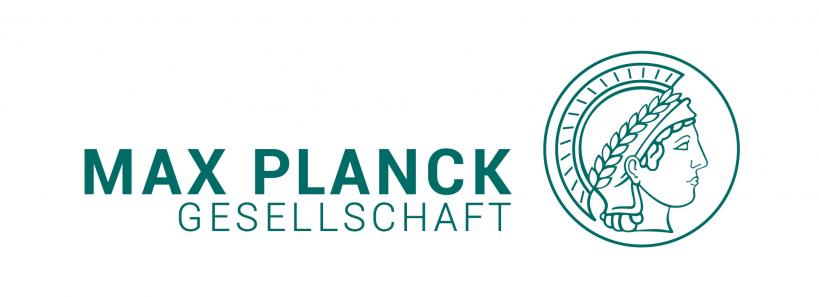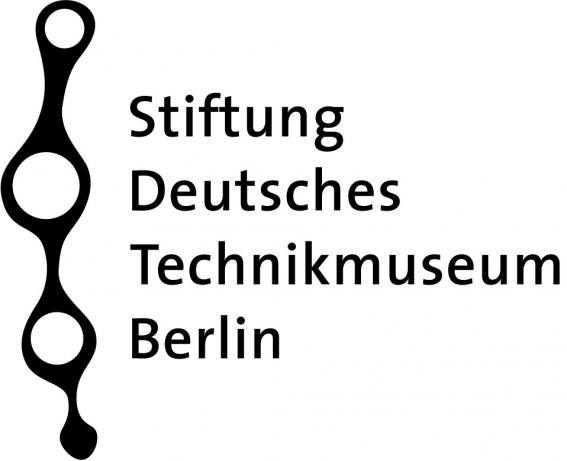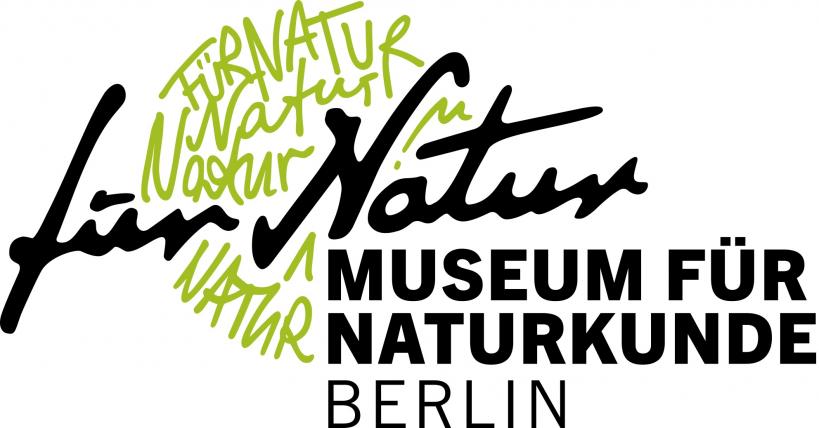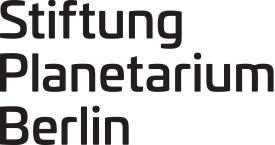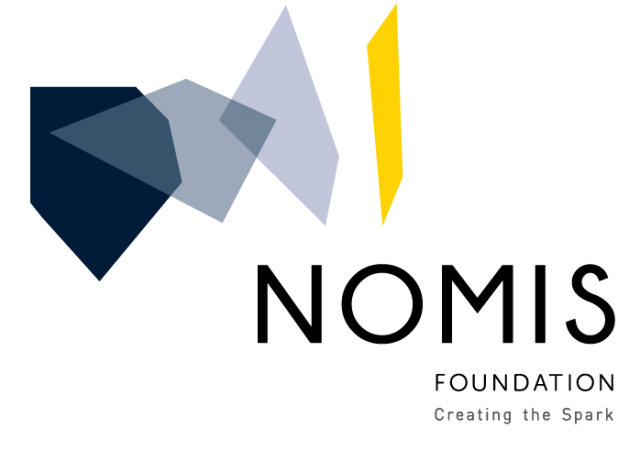May 26, 2021
A Diary Written at Night. "Leonardo" in Czech Art and Literature after 1945
- 17:00 to 19:00
- Talk
- Dept. I
- Hana Gründler
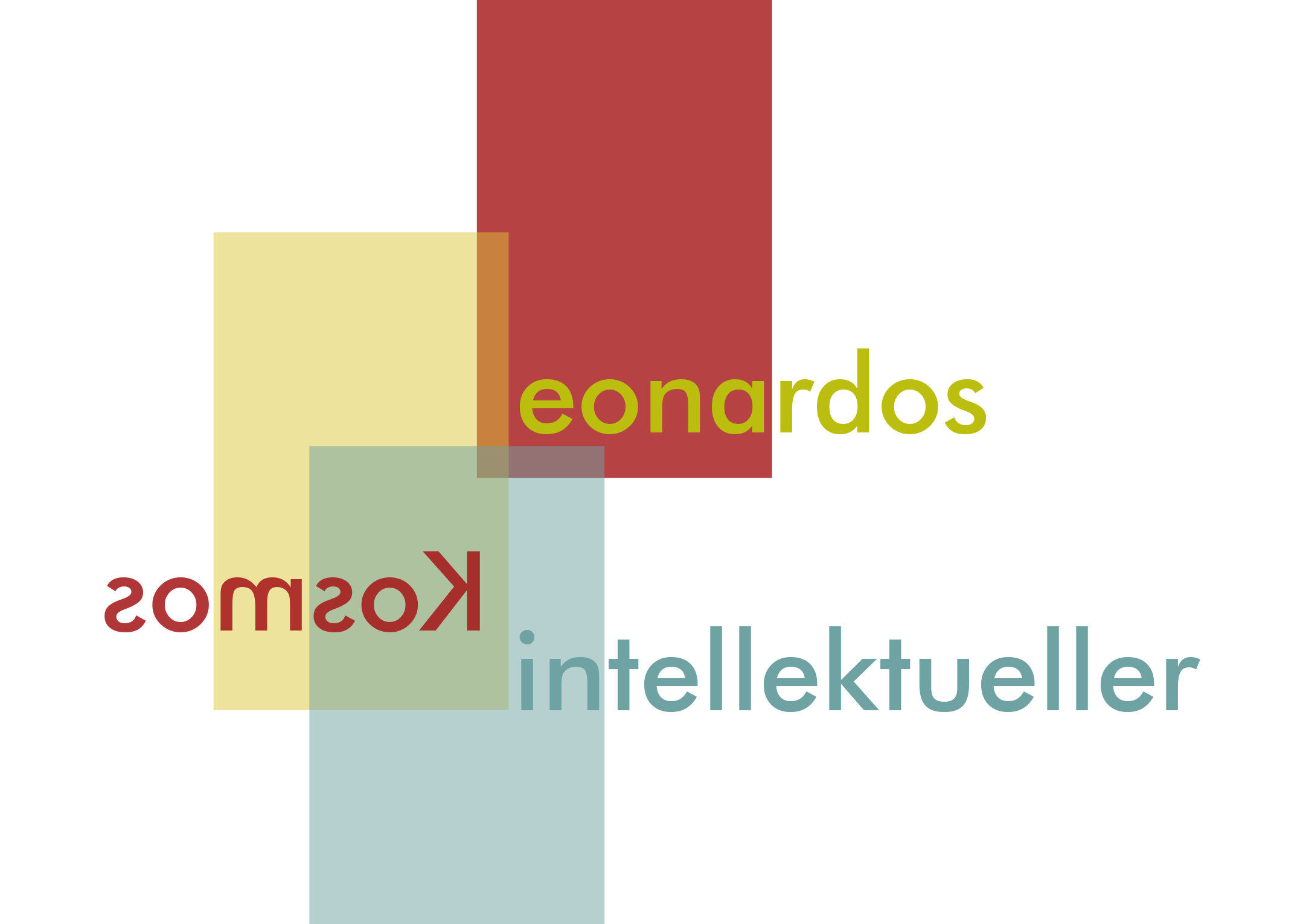
This evening lecture takes place in connection with the exhibition Leonardo's Intellectual Cosmos.
Abstract
It is little known that Leonardo’s work was intensively received and artistically transformed in post-war Czechoslovakia. The visual artist Vladimír Boudník, for example, referred to Leonardo’s method of stimulating the imagination through stains both in his 1949 manifesto of Explosionalism and in his graphic works and happenings. In doing so, Boudník emphasised that it was by no means only the aesthetic sensibilities of a few that were to be activated, but rather the sense of inwardness and freedom of everybody (housewives, factory workers, artists). The surrealist filmmaker Jan Švankmajer, on the other hand, created an experimental short film in the early 1970s with the simple title Leonardo’s Diary in which Leonardo’s sketches and notes were playfully brought to life and at the same time contrasted with visual material of the present. The resulting disruptions of meaning not only cast a new light on some of Leonardo’s classical themes, such as seeing or violence, but also harbour subversive potential due to the references to socio-political reality.
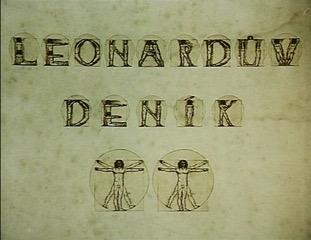
Leonardův deník (Jan Švankmajer, ČSSR, 1972), Still frame.
Based on a close analysis of the artistic material, the aim of this lecture is to explore the following complex of themes: What image of Leonardo is handed down and at the same time deconstructed by Boudník, Švankmajer or the writer Bohumil Hrabal? What is the significance of diaristic writing and drawing, which can be understood as a form of work on the self? Why does the relationship between creativity, “reality” and freedom play such a major role in the Czech dissident art community? And finally: To what extent does recourse to the early modern period perhaps enable artists to critically “rethink” the politically precarious present of the communist ČSSR?
Contact and Registration
This talk will take place on Zoom. Listeners are welcome, no preregistration necessary: https://zoom.us/j/99437783505
About the Speaker
Hana Gründler is Permanent Senior Research Scholar and Head of the Research Group “Ethico-Aesthetics of the Visual” at the Kunsthistorisches Institut in Florenz – MPI. She studied art history and philosophy in Milan and Frankfurt am Main and received her PhD from the Goethe-University in Frankfurt am Main in 2016, with a thesis focusing on the relationship between ethics, seeing and art.
Her research areas include the intersections of philosophy, art (history) and literature. Currently she is writing a book on Czech art and philosophy in the international context, 1960–1990. She also works on the history and concept of drawing as well as on art theoretical questions of the early modern period, being co-editor of the new German edition of Giorgio Vasari’s Lives since 2010 (Edition Giorgio Vasari. Verlag Klaus Wagenbach) and member of the DFG-Project “Leonardo da Vinci. Das Buch von der Malerei. Neu übersetzte und kommentierte Ausgabe des Codex Urbinas 1270 (Bibliotheca Vaticana).”
Hana Gründler has been a visiting professor at the philosophy department at the Freie Universität Berlin (autumn-winter 2018/19), the Institut für Kunst- und Bildgeschichte at the Humboldt-Universität zu Berlin (autumn-winter 2019/20), and taught at the Kunstakademie Düsseldorf, the University of Zurich and other international institutions. Among her publications are the monograph Die Dunkelheit der Episteme. Zur Kunst des aufmerksamen Sehens (Berlin 2019), the volume The Announcement. Annunciations and Beyond (co-edited with Alessandro Nova and Itay Sapir, Berlin 2020) as well as articles on the epistemic dimension of drawing or the prehistory of the sublime.

